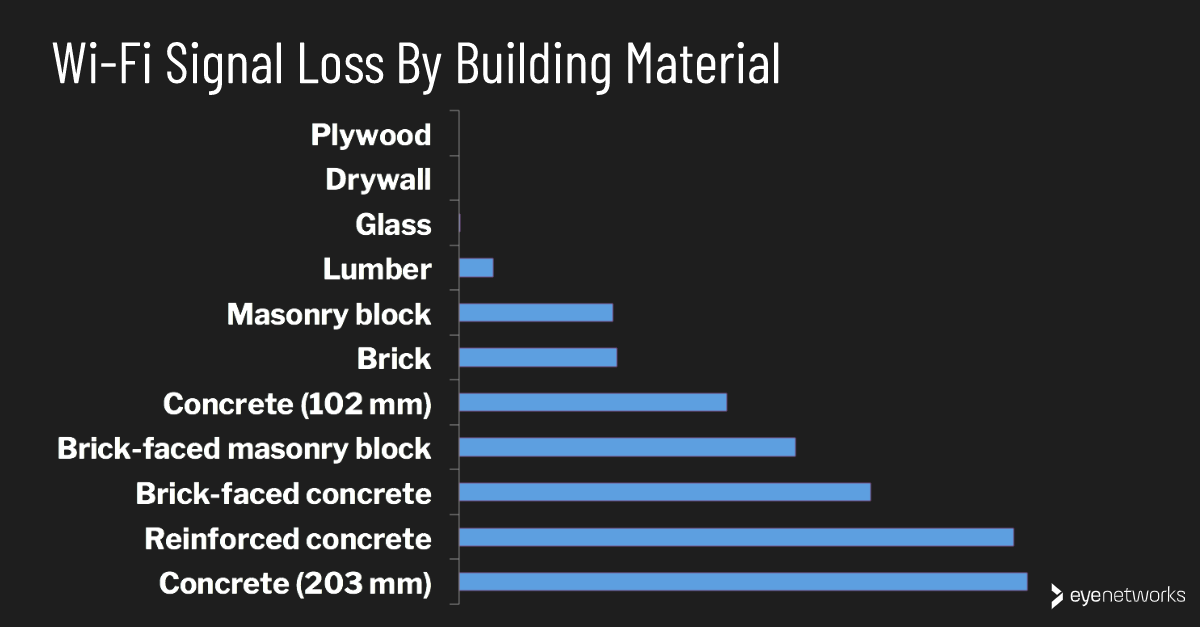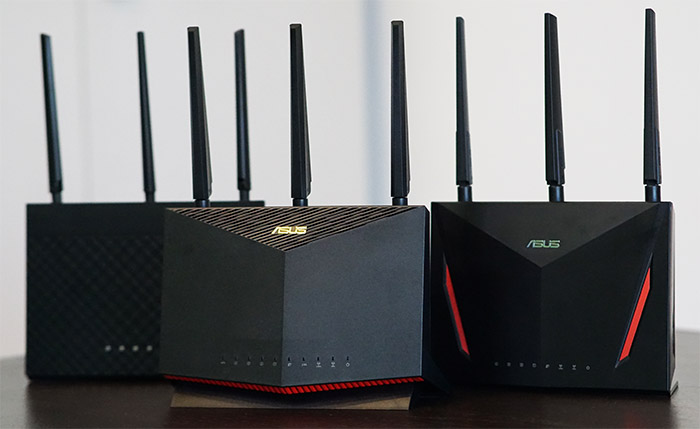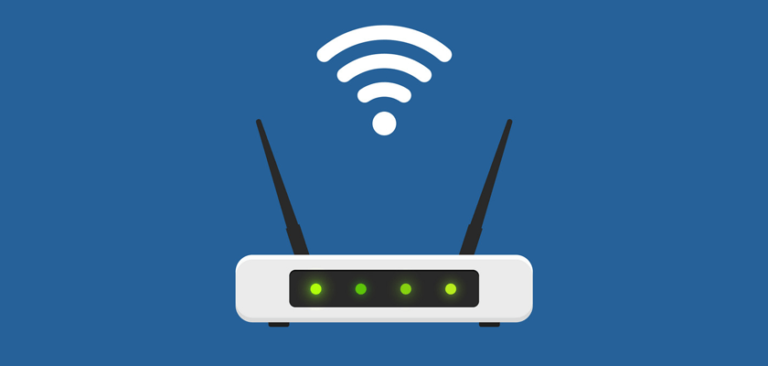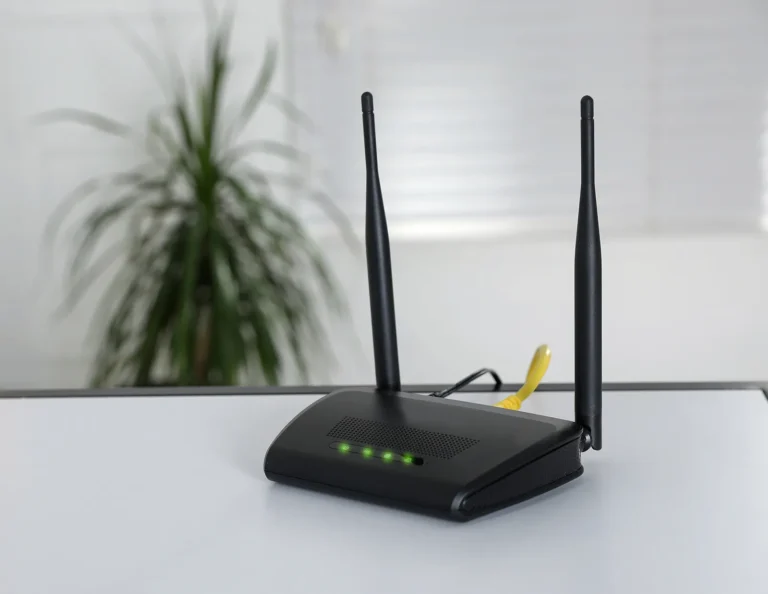Do Walls Affect Router?
Walls can have a significant impact on the performance of a wireless router. Walls can block signal strength and create interference which can lead to slower speeds, dead spots, and limited coverage. Understanding how walls can affect your router’s performance can help you optimize your wireless network for better performance.
Definition of a Router
Routers are networking devices used to direct traffic within a local area network (LAN). By connecting to a router, computers, phones, and other devices can communicate with each other and access the internet. Routers are a crucial part of any home or office network.
But do walls really affect routers? Yes, they can. Walls can obstruct the signal of the router, reducing its range and effectiveness. The thickness and material of the walls can also play a role in the strength of the signal. For example, thicker walls made of concrete or metal are more likely to weaken the signal than thin walls made of wood or drywall. Additionally, the placement of the router and the number of walls between the router and the device attempting to connect can influence the signal strength.
To get the most out of your router, it’s important to consider the materials and layout of your home or office. By utilizing the right placement and materials, you can ensure your router is able to send out a strong signal no matter how many walls are in the way.
Definition of a Wall
and Its Effects on Wireless Network
Walls are an integral part of any building structure, and they play an important role in the overall performance of a wireless network. But do walls really affect routers? To answer this question, it’s important to first look at the definition of a wall and its effects on a wireless network.
A wall’s primary purpose is to provide insulation between two spaces and soundproofing from noise. However, walls are also great at blocking wireless signals, as they offer a physical barrier which obstructs the flow of a network’s radiowaves. The thickness of the wall, the material used, and the distance between the router and the wall all play a role in the amount of signal loss that occurs. As you can imagine, thicker walls, made of materials like brick and concrete, will cause the most signal attenuation.
It’s important to note that walls are not the only factor that affects the performance of a wireless router. Other factors, such as external interference, antenna placement, and device proximity can also play a role in determining the strength of a signal. However, when it comes to wireless networks, walls are one of the key players in influencing the performance of a router.
Impact of Walls on Router Performance
Whether you are using a wireless or wired router, walls can have a significant impact on your router’s performance. Wall materials, such as metal, glass, and brick, can absorb or reflect waves, resulting in a weaker signal. Even the thickness of the wall can affect the signal strength, with thicker walls weakening the signal further. Additionally, if you have multiple walls between the router and the device, the signal will be weakened even more.
To ensure that you are getting the best performance from your router, try to keep it in an open area with minimal walls between the router and the device. If that is not possible, you can use range extenders to boost the signal. Range extenders are designed to amplify the signal, allowing it to reach devices that are further away. They are easy to set up and can significantly improve your router’s performance.

Factors Affecting Router Performance
The performance of a router is impacted by several factors. Walls, however, are just one of those factors. While walls can impede the signal transmitted by the router, they are not the only thing that affects the router’s performance. Other things like the distance from the router, the quality of the router itself, and the number of devices connected to the network can all have an impact on the router’s performance.
To understand how walls affect router performance, it’s important to understand how routers work. Routers send signals through walls using radio waves, so walls can interfere with those signals. The amount of interference depends on the type of material the wall is made of, as well as the thickness of the wall and the distance the signal has to travel. The thicker and more dense the material, the more the signal is blocked.
The quality of the router also plays a role. Routers with higher quality components and better antennas will be able to send signals more efficiently and will be less affected by interference from walls. Additionally, the number of devices connected to the router can have an impact, as too many devices can bog down the router’s performance.
In conclusion, walls can affect router performance, as they can interfere with the signal being sent by the router. However, there are other factors that can also affect a router’s performance, such as the distance from the router, the quality of the router, and the number of devices connected to the network. Therefore, it is important to consider all of these factors when evaluating the performance of a router.
Solutions to Improve Router Performance Through Walls
Do walls affect router performance? Definitely. Walls can significantly reduce the range and strength of a router’s signal. If you have a brick or concrete wall between the router and your device, your router’s signal will be drastically weakened. Fortunately, there are a few easy solutions to help you improve your router’s signal and performance even when walls are present.
One way to improve your router’s performance is to invest in a router that offers a stronger signal. Routers with multiple antennas can help improve signal strength and avoid interference. You can also use a signal amplifier or repeater to boost the signal strength, or add an access point to extend the range.
If you cannot upgrade or add any hardware, consider relocating the router. Move the router closer to where you need it, or if possible, move it to a higher location with fewer obstructions. Make sure the router is not surrounded by metal objects, as these can block the signal.
Finally, it is important to keep your router and its software updated. Newer routers are designed to better manage signal strength, and new firmware can help improve your router’s performance. By following these simple tips, you can ensure that your router’s performance is not affected by walls.
FAQs About the Do Walls Affect Router?
1. Does the thickness of a wall affect router signal strength?
Yes, thicker walls can weaken the signal strength of your router.
2. Does the material of a wall affect router signal strength?
Yes, certain materials such as brick, concrete, and metal can weaken the signal strength of your router.
3. How can I make sure my router signal is not affected by walls?
You can use a range extender or access point to boost the signal of your router and ensure that it is not affected by walls. You can also rearrange furniture or move your router to a more open area to avoid signal interference from walls.
Conclusion
In conclusion, walls can indeed affect router performance. The thickness and material of the walls, as well as the distance from the router, can all impact the strength and reliability of the signal. It is important to consider the size and layout of your home when selecting the ideal router to ensure maximum coverage and performance.



